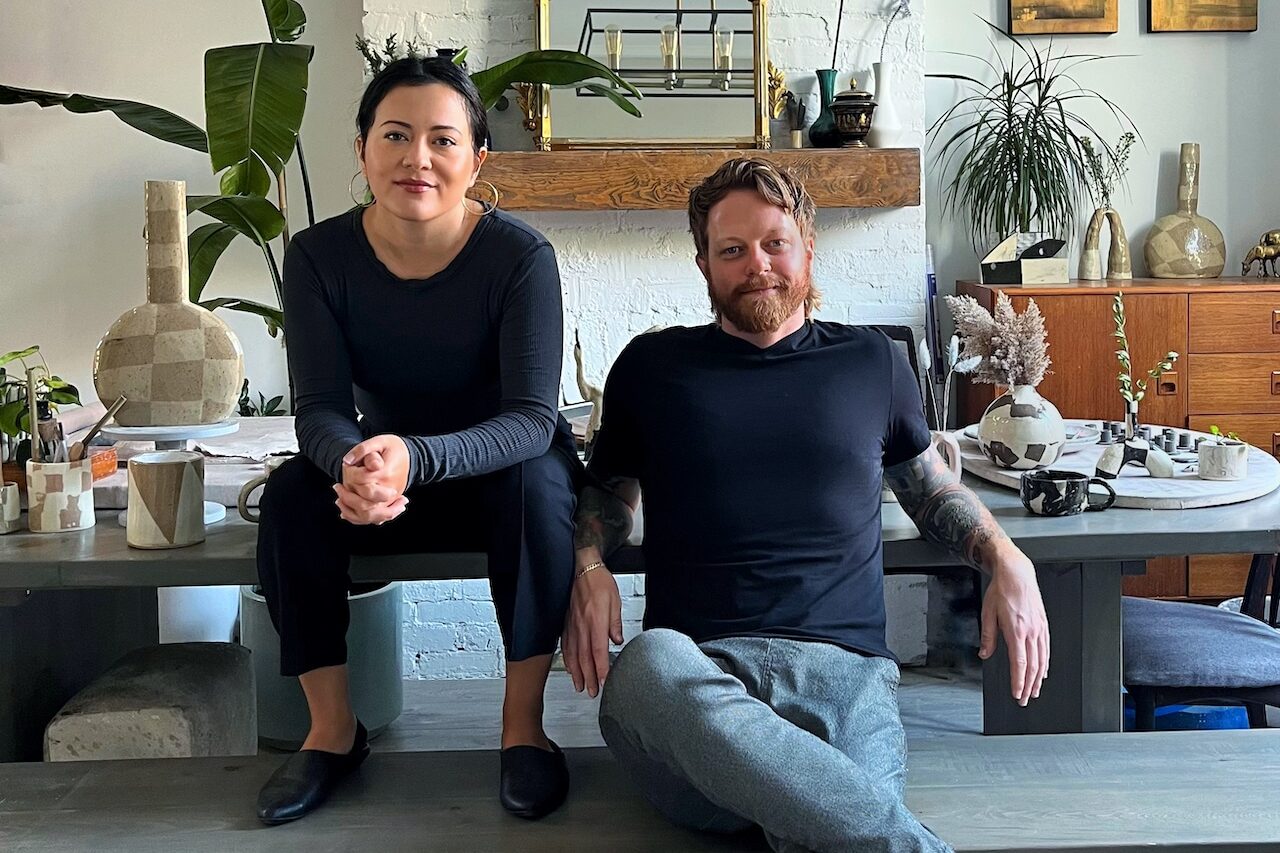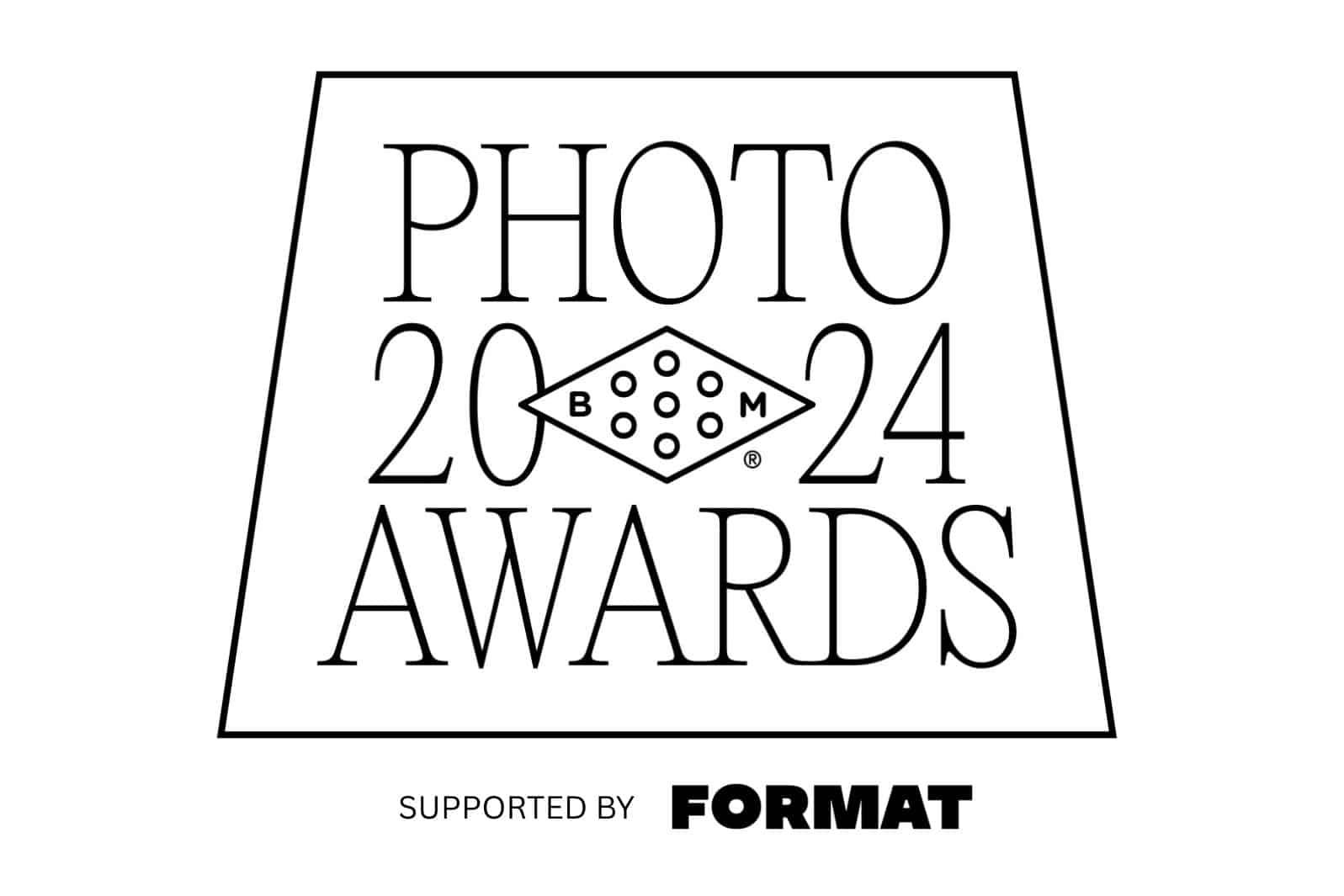Ese adagio bastante ambiguo, escribe lo que sabeses tan intemporal como tedioso. Recuerdo la primera vez que recibí instrucciones en este sentido de mi profesora de inglés de la escuela primaria, hace veintitantos años. Era un consejo que había pasado de una generación a otra, como una reliquia, y con el tiempo se había convertido en el consejo que hay que dar a un escritor en ciernes.
Daba miedo oír ese consejo entonces, igual que lo daría oírlo ahora. He vivido casi 30 años, pero aún no tengo la sensación de saber realmente lo suficiente para satisfacer a cualquier público con el modesto trato de mi base de experiencia. Baste decir que lo que se ha convertido en una escuela de pensamiento popular en la escritura es mucho más complejo de lo que parece a primera vista. Escribe lo que sabes puede interpretarse de muchas maneras, y así ha sido, por autores, profesores, expertos literarios y aprendices de escritor como yo, que sólo intentan crear algo que resuene. Lo que he aprendido a través de mi licenciatura en periodismo, innumerables trabajos y prácticas, y media década de autónomo es que es contraproducente tomar escribe lo que sabes por su valor nominal.
Según Dan Brown, el autor estadounidense más conocido por El Código Da Vincilo que sabes es simplemente un peldaño. En un [segmento de la CBS], dice: "Debes escribir algo sobre lo que necesites ir y aprender. Haz que el proceso de escritura sea un proceso de aprendizaje para ti".
He aquí cómo hacer caso a los consejos de Brown y cultivar mejor lo que sabes.
Ponte en contacto con otros escritores
Cuando J.K. Rowling inventó el mundo fantástico de Harry Potter, ¿estaba escribiendo lo que sabía? ¿Y J. R. R. Tolkien? ¿Y C. S. Lewis? ¿Escribían estos autores lo que sabían? Los mundos que crearon en las páginas de sus manuscritos eran míticos, sin duda, pero también estaban ligeramente influidos por mundos ficticios que ya existían en la literatura.
Cuando se trata de escribir lo que sabemos, a veces sólo es cuestión de aprovechar lo que ni siquiera somos conscientes de que sabemos, y -como te dirá cualquier escritor- la mejor forma de aumentar esta base invisible de conocimientos es leyendo. Aunque no seamos conscientes de ello, estamos constantemente influidos por lo que leemos. Y a menudo, el tipo de contenido que nos atrae es aspiracional (y si no lo es, quizá sea hora de replantearse lo que estás leyendo).
Creo que Stephen King lo dijo mejor cuando afirmó: "Si no tienes tiempo para leer, no tienes tiempo (ni herramientas) para escribir. Así de sencillo".
Ponte en contacto con tus emociones
Incluso los mundos más fantásticos son relatables porque están llenos de verdades. Nathan Englander, autor aclamado por la crítica de De qué hablamos cuando hablamos de Ana Frank, dice que escribir lo que sabes es simplemente un "consejo empático". En un artículo para Big Thinkdice: "¿Por qué amamos esos libros [que amamos], por qué nos cambian, por qué nos llegan al corazón, por qué tienen tanto significado? Porque son más verdaderos que la verdad; porque hay un gran saber en ellos, y creo que lo que hay detrás de "escribe lo que sabes" es la emoción".
Aunque es posible que J.K. Rowling no supiera lo que era lanzar un hechizo, preparar una poción multijugos o volar en una escoba, es más que probable que supiera lo que era vivir un primer día en un colegio nuevo, tener mejores amigos y enamorarse. Las emociones que sentimos son a menudo universales, y la capacidad de plasmarlas es lo que da vida a la escritura. De este modo, podemos escribir lo que conocemos, incluso cuando el contenido nos trasciende.
Jeff Elkins, escritor afincado en Baltimore, habla de la importancia de la emoción en un artículo titulado "Cómo escribir lo que sabes." Escribe: "Después de tener una experiencia que sé que se traducirá en mi ficción, paso cinco minutos con mi diario escribiéndola. Mi escritura no está pulida ni pensada para que la vea otra persona. Son sólo notas para recordarme la sensación".
Ponte en contacto con otras personas
Por muy solitario que pueda ser el acto de escribir, también tiene una extraña forma de unir a las personas. Más allá de los efectos armonizadores de una historia bien contada, la mayoría de las formas de escritura tienden a beneficiarse del uso de fuentes humanas. Zoe Heller, periodista inglesa y autora de Notas sobre el escándalo, recomienda a los escritores que se aventuren hacia el exterior, una vez que hayan agotado la introspección. Para la New York Times Columna Sujetalibrosescribe Heller:
"El primer error que cometí de colegiala [después de que me dijeran que escribiera lo que sabía] fue suponer que me pedían que escribiera exclusivamente sobre cosas que me habían ocurrido a mí. Puedes minar tu propia vida, sí. Pero también puedes observar con simpatía las experiencias de otras personas. Puedes leer e investigar. Y puedes utilizar tu imaginación. Lo que los buenos escritores saben sobre sus temas suele proceder de alguna combinación de estas fuentes."
Las fuentes humanas pueden ser una ventaja a lo largo del proceso de escritura, y gracias a Internet, estas fuentes están a menudo a una simple URL de distancia. Según un artículo en el sitio web NY Book Editors, "Unirse a una comunidad de escritores es una de las mejores cosas que puedes hacer para mejorar tu moral y perfeccionar tus habilidades". A continuación, el artículo explica por qué, citando críticas y apoyo inestimables, lectores beta y una vía adicional de promoción como razones de peso para unirse.
Aunque no faltan comunidades de escritores, no todas son iguales. Si estás dispuesto a pagar una cuota mensual simbólica, los creativos consagrados apuestan por redes como WritersCafe, Guarida de Escritores Autónomosy Voces entintadas. Si no, sitios como Escritura absoluta, Escribófilo, Círculo de Críticosy Subraya ofrecen servicios similares gratuitos. Y si escribes sobre un género específico, quizá quieras echar un vistazo a Taller de Escritores Critters (para ciencia ficción, fantasía y terror), o busca un grupo de escritores que se adapte mejor a tus preferencias de contenido.
Reddit es un recurso online realmente único. Además de ser una madriguera de información, Reddit cuenta con una gran cantidad de subreddits dedicados a la escritura, entre los que se incluyen r/Escribir, r/Escribir, r/Propósitos de escritura, r/Bloggingy r/WritingHub. También puede ser el lugar al que acudir si tienes bloqueo de escritor.
Ponte en contacto con el conocimiento
Esto es más fácil decirlo que hacerlo, como la mayoría de las cosas ventajosas. Dicho esto, la fluidez con la que se puede consumir conocimiento hoy en día deja pocas excusas para no hacerlo con regularidad. Las redes sociales han hecho que interesarse por las noticias y la información importantes sea sinónimo de echar un vistazo a las publicaciones de tus amigos y famosos favoritos, y para muchos es una forma manejable y orgánica de obtener tu dosis diaria de actualidad. Pero advierto que esto no es suficiente, sobre todo si tu pan de cada día se basa en las ideas. Si eres un adicto a Internet, también puedes suscribirte a hilos de Reddit ricos en conocimientos, como por ejemplo r/TodayILearned, r/IWantToLearny r/lecturas. Si no estás seguro de lo que sigue, presta atención al Subreddit del día.
Los podcasts y audiolibros suponen una alternativa atractiva a la lectura, sobre todo si buscas una forma económica de consumir libros. Una opción es la filial de Amazon Audibleque es un gran recurso si buscas ficción fascinante, incluidos nuevos lanzamientos y New York Times Los más vendidos. Aunque Audible ofrece una prueba gratuita, los usuarios tienen que pagar una suscripción después de 30 días. El sitio Aplicación OverDrive, disponible a través de las bibliotecas públicas, ofrece una alternativa rentable a estos servicios de suscripción. Para un servicio un poco más rápido, Blinkist pretende destacar sólo las ideas principales de los mejores libros de no ficción del mundo, a través de un texto y audio de 15 minutos. Y para un servicio un poco menos expeditivo, los podcasts de periodismo, como el Podcast de formato largo, hacen que el consumo de escritos largos sea menos desalentador.
Aunque es difícil estar seguro de dónde surgió escribir lo que sabes, Ernest Hemingway tejió la perogrullada en un prefacio para una recopilación de sus relatos cortos de 1959. En el prefacio El arte del relato cortoescribe: "Lo tiras todo por la borda e inventas a partir de lo que sabes. Debería haberlo dicho antes. Escribir es eso".
Y aunque ciertamente hay algo de verdad en la franqueza de Hemingway, es importante tener en cuenta que, desde su época, nos hemos convertido en criaturas sin límites. Viajamos más, nos relacionamos con sólo pulsar un botón y, gracias a Internet, ahora podemos experimentar casi todo lo que la vida nos ofrece, y más. Aunque la mayor parte de nuestros conocimientos sean de segunda mano, podemos aumentar nuestra comprensión viendo un vídeo, viendo fotografías o leyendo un relato en primera persona.
Creo que es seguro decir que, desde la época de Hemingway, nos hemos graduado en clichés más contemporáneos, pero no puedo imaginar que nos vayamos a jubilar escribe lo que sabes pronto. Dejando a un lado la semántica, aunque el adagio se limite a encender las primeras chispas de una idea, a menudo esas chispas son la puerta de entrada a una historia que sólo tú tienes la capacidad de contar.
Zakiya Kassam es redactora independiente y editora técnica. Actualmente informa sobre decoración y diseño para Revista Tendencias del Hogar Canadiense y recientemente ha tenido la oportunidad de desarrollar conceptos y guiones para El Show de Marc y Mandy. Sus artículos han aparecido en publicaciones como The Globe and Mail y Revista Ryerson de Periodismo. Puedes encontrarla en Twitter: @zakkassam












